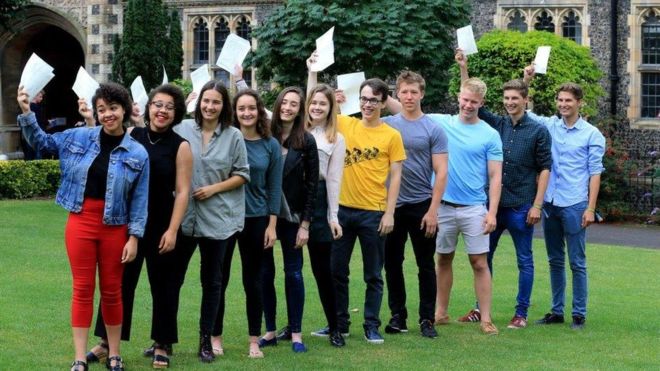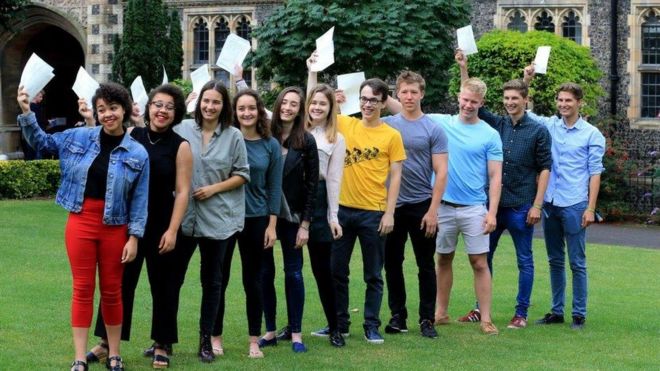
Headteachers are warning ministers that they could boycott Sats next year unless significant changes to primary assessment begin in the next few weeks.
Russell Hobby, general secretary of the NAHT headteachers’ union, has been outspoken about the “chaos and confusion” of this year’s tougher key stage 2 tests.
Now he wants the Department for Education to take action on three key issues before half-term, including rethinking proposals for resits in Year 7, redesigning the reading test and addressing concerns about the use of “secure fit” rather than “best fit” on the writing assessment.
The government also needs to address the inconsistencies between local authorities on how writing is moderated, he said.
Mr Hobby added: “The long-term picture is to sit down and discuss a more coherent strategy for assessment that could take years to come to fruition. But in the short term there are very serious concerns. A boycott remains a possibility for 2017 if discussions with the government are not fruitful.”
His warning comes as the government is preparing to publish further details on Thursday of how pupils performed in the controversial reading, maths, and Spag tests.
Initial results, published in July, revealed that just 53 per cent of pupils had reached the expected standard in reading, writing and maths, compared with 80 per cent of pupils who achieved the expected level 4 last year.
‘The tests last year were a shambles’
The government has said that the writing assessment system will stay in place for the coming school year, to give it time to “engage” with teachers before changes are made.
The NAHT’s position is being backed by other teaching unions. Mary Bousted, general secretary of the ATL, said: “The current regime is not fair, valid or reliable. We would be prepared to look at a boycott.
“The KS2 tests last year were a shambles.”
A DfE spokesperson said: “The improvements that we have made to the primary curriculum and assessments will raise educational standards and help ensure all children leave primary school having mastered the basics they need to succeed.”
They added that the DfE was “working constructively with teaching unions” to “ensure this is done effectively”.
[Source:- tes]


















